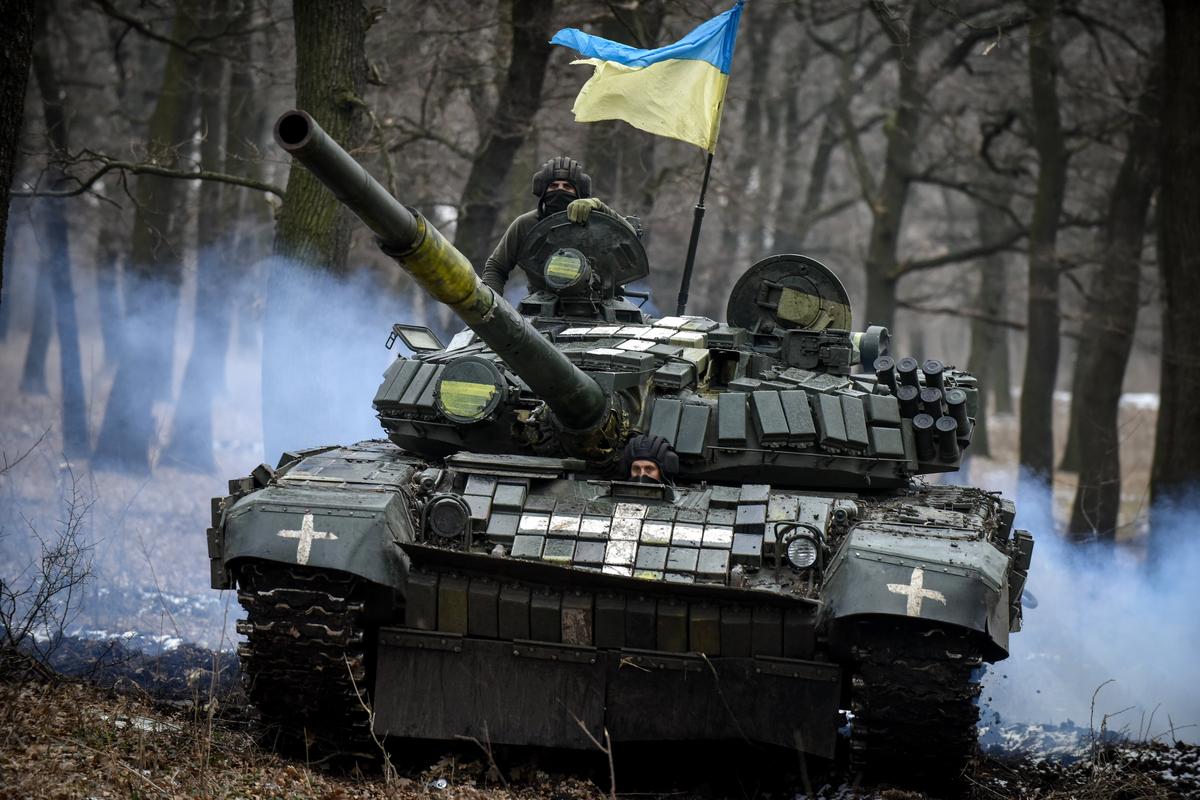
A Ukrainian T-72 tank in eastern Ukraine’s Donetsk region, 18 January 2023. Photo: EPA-EFE / OLEG PETRASYUK
Russia’s military command was aware that the Armed Forces of Ukraine (AFU) were planning an incursion into Russia’s southwestern Kursk region several months before the offensive began, The Guardian revealed on Friday.
The publication’s claim was based on a cache of Russian documents the AFU said it had seized from abandoned Russian positions in the Kursk region following its ongoing incursion in early August.
While The Guardian was unable to independently verify the authenticity of the documents, its journalists said they had met with the Ukrainian special operations team who seized the cache in Kyiv within hours of them doing so. The team said it had taken Russian Interior Ministry, FSB and military documents, some of which it subsequently allowed The Guardian to view and photograph.
The Russian military documents contain months of warnings about a possible Ukrainian incursion into the area, and while documents dating from the first few months of the year catalogued a general threat from the AFU in the region, as of mid-June more specific warnings of Ukrainian plans to capture the Kursk region town of Sudzha began to appear.
The cache also revealed that the Russians had predicted that the AFU would attempt to destroy a key bridge over the Seym River to disrupt Russian supply lines, which did indeed happen in mid-August.
A document from June complained that Russian units at the front were on average only 60-70% manned and were “primarily made up of reserves with weak training”, according to The Guardian.
The cache also provided an insight into Russian tactics, with one document suggesting that troops should be sent to decoy positions to light fires at night, walk around with torches and create radio chatter about the decoy positions, hoping the Ukrainians would intercept their transmissions.
The Russian military’s serious problem with morale was also discussed. “The analysis of the current situation regarding suicides shows that the issue of servicemen dying as a result of suicidal incidents remains tense,” one entry read, referring to an incident thought to have taken place in January in which a conscript shot himself at a guard post.
Another document suggested giving Russian troops political instruction, “aimed at maintaining and raising the political, moral and psychological condition of the personnel”, The Guardian said.
